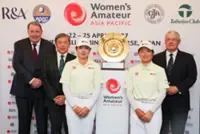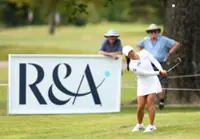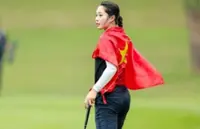Everyone knows that people are all genetically different, but did you know that our genes affect our health risks?
Because of this, it is important that there be rigorous breast cancer research that is specific to the Asian context (rather than European contexts), for it to be relevant for Malaysian women, says University of Nottingham Malaysia Faculty of Science and Engineering associate professor Dr Ho Weang Kee.





